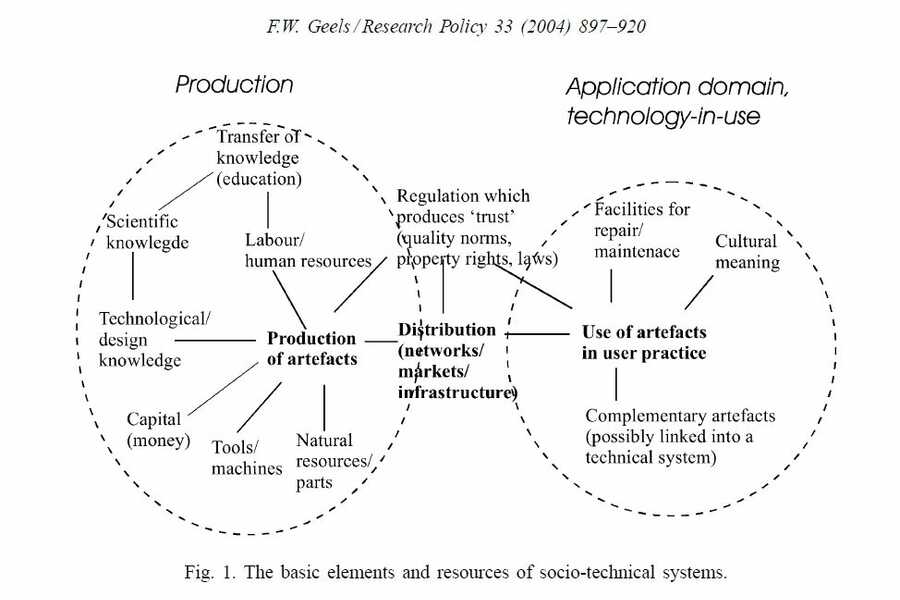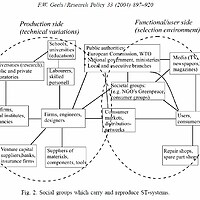In this weekly report we will shortly explain the organization of our team. Our team consists of 4 people, Stefan Olsthoorn, Klara Bergman, Niki Nicolaou and Derek van den Berg. With different backgrounds and different personalities in the group it promises to be an interest period and collaboration.
A proper organization is key and that is why our group from the first meeting came up with a plan to organize the period efficiently. All documentation, that will have to be worked on at the same time is organized in the google drive under different subfolders. For communication a whatsapp group has been made. For the planning and the division of tasks www.trello.com is used, where everyone simultaneously can add and assign tasks. Last but not least, a spreadsheet in the google drive has been made containing a planning for the period, which can also be editted by everyone in the group.
During the first class, we did some games to get to know each other and each other’s views on sustainability. We were asked to share the most unsustainable thing we know and to nominate a sustainability hero. By doing this, it became quickly clear that sustainability is a word that one can define in a very broad way. Sustainability is a concept that you can apply on literally every process that lasts more than a few seconds, every process that can potentially sustain. The general definition of sustainability is as follows:
To meet the needs of the present without compromising the ability of future generations to meet their own needs.
With this definition in mind, we were all assigned to subgroups focussing on the theme of converting Texel into an energy neutral island by the year 2020. Our group focusses on everything that revolves around sustainable mobility, which is our socio-technical system. A socio-technical system is basically a system that encompasses production, diffusion and use of technology (Geels, 2004). They are the linkages between elements necessary to fulfil societal functions. In figure 1 and figure 2, a visual representation of the basic elements and the social groups of socio-technical systems are given. During the next weeks we will further elaborate on this socio-technical system and finally, it will become part of a much bigger report containing descriptions of nine subsystems that need to change in order for Texel to become energy neutral.
Geels, F. (2004). From sectoral systems of innovation to socio-technical systems: Insights about dynamics and change from sociology and institutional theory. Eindhoven, Eindhoven University.



